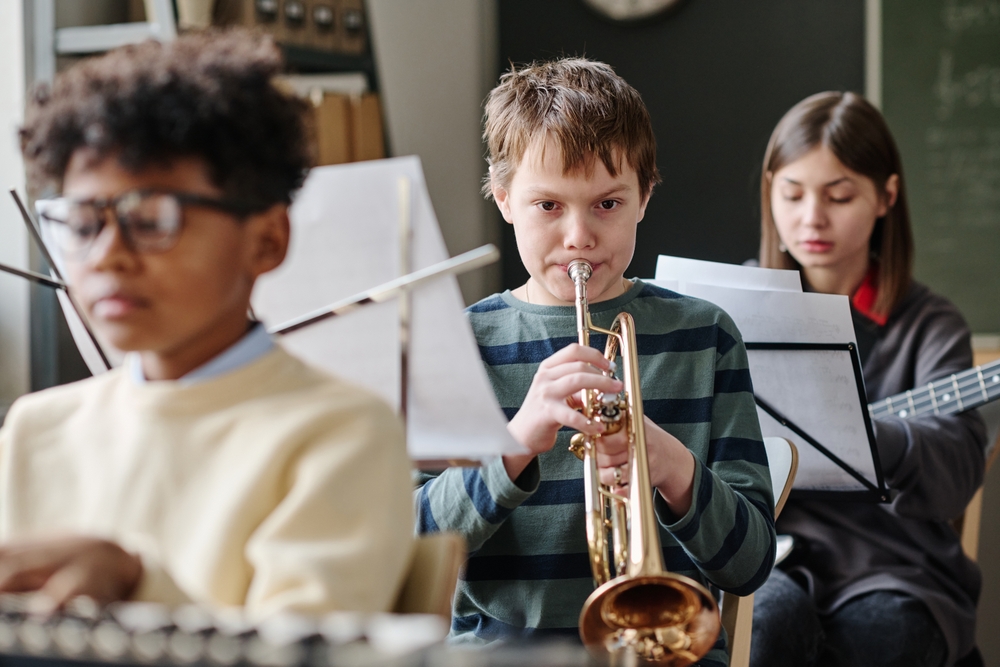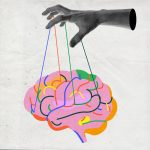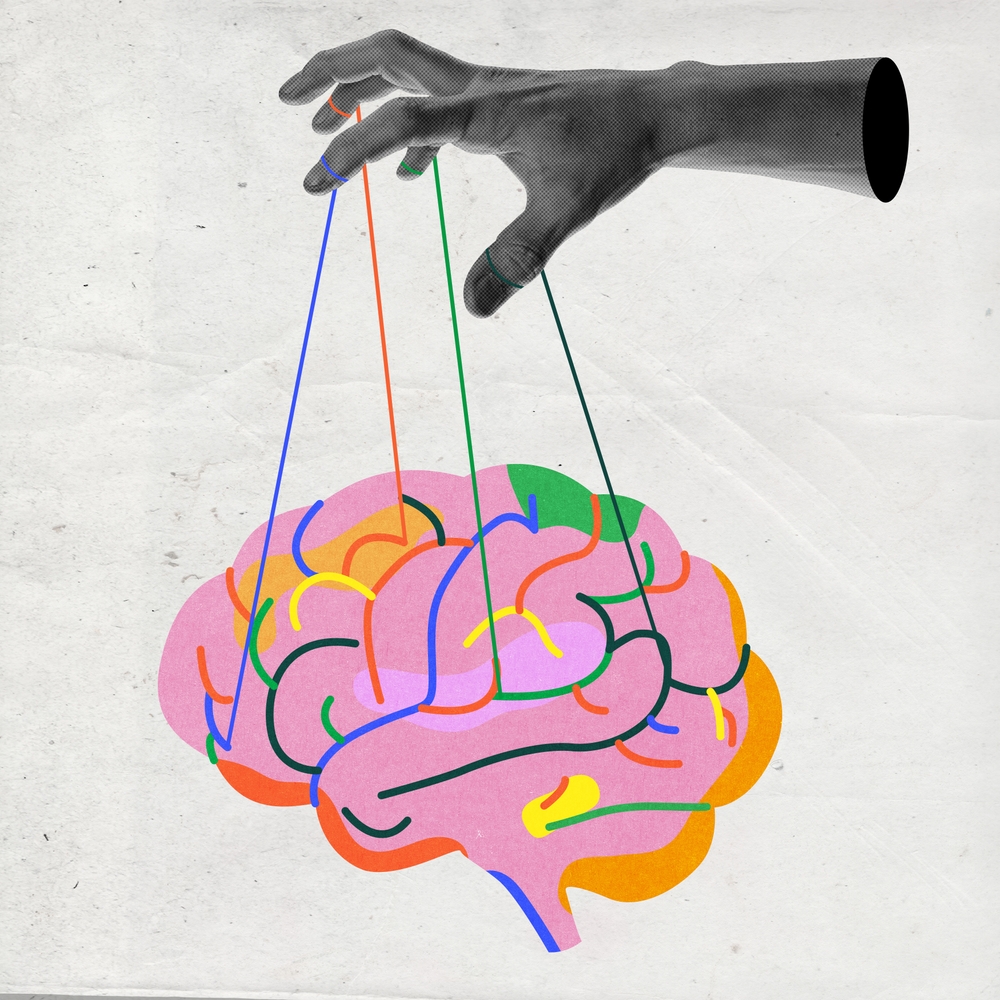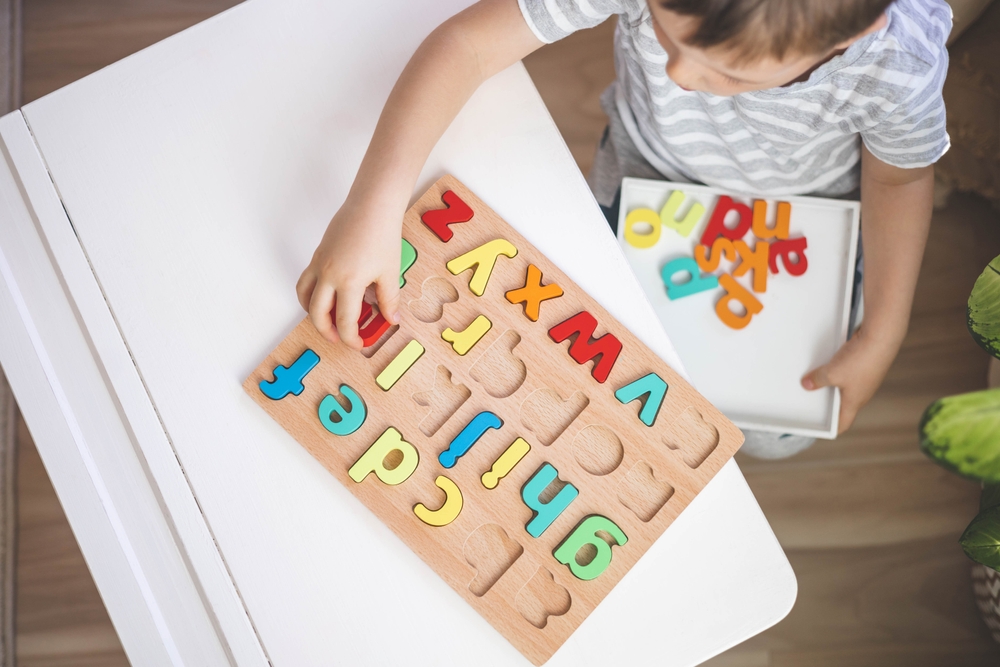According to ABRSM, 7 in every 10 children in the UK play a musical instrument. It is important to note that while some instruments are easier to learn initially, mastery and proficiency often require significant practice and dedication. It is also important to consider that musical tastes and preferences can vary widely among individuals and cultures, and that these statistics may not reflect the full range of musical experiences and interests.
Top 5 easiest instruments to play:
- Ukulele: The ukulele is a small stringed instrument with four strings and a simple chord structure, making it relatively easy to learn for beginners. It is also a versatile instrument that can be used in a variety of musical styles, from folk to pop to jazz.
- Piano/Keyboard: The piano or keyboard is a popular instrument that is easy to learn due to its visual layout and the ability to play multiple notes at once.
- Recorder: The recorder is a simple wind instrument that is often played in early music education due to low cost and ease of use. It has a simple fingering system and can be used to play a variety of melodies.
- Harmonica: The harmonica is a small wind instrument that is played in blues, folk, and country music. It is relatively easy to learn due to its compact size and simple playing technique.
- Bongos: Bongos are a type of hand drum that are commonly used in Latin American music. They are easy to learn, simple in design and easy to learn.
While these instruments may seem simple, proficiency and mastery require daily practice and dedication regardless of the instrument. Ultimately, the best instrument to learn is one that the individual is interested in and motivated to learn, regardless of the perceived difficulty.

How music helps with cognitive development
Music education has been found to be beneficial for cognitive development. A study published in The Journal of Neuroscience found that playing an instrument can enhance cognitive abilities, including memory, attention, and problem-solving skills. Children who receive music education tend to perform better academically. Moreover, learning an instrument can also help children express themselves and regulate their emotions that can reduce anxiety and promote relaxation.
Motor Skills Development
Playing instruments can also promote the development of fine and gross motor skills, coordination, and balance. Learning an instrument can encourage collaboration and interaction with others, promoting social skills such as sharing, taking turns, and listening to others. This can help children progress and improve their sense of accomplishment and pride in their abilities.









